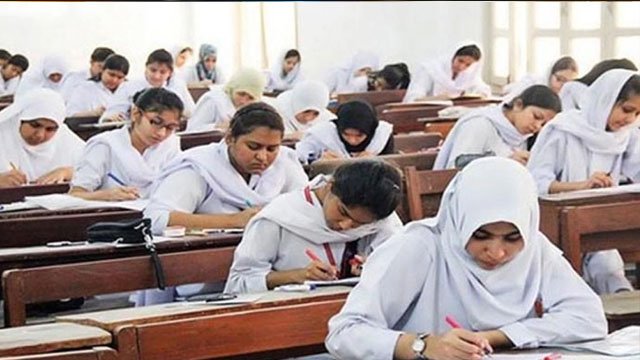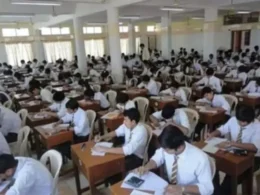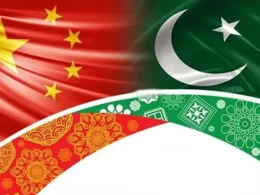The Islamic Chamber of Commerce, Industry & Agriculture (ICCIA) organized its 5th “Best of Entrepreneurship Pakistan (BOE)” round in partnership with Islamic Corporation for the Development of the Private Sector (ICD), Federation of Pakistan Chambers of Commerce & Industry, FPCCI and hosted by Karachi School of Business and Leadership (KSBL).
Under the theme of “Green Entrepreneurship in Pakistan: Challenges, and opportunities”, the event aimed to highlight the opportunities the green economy presents for the future entrepreneurs as well as existing businesses and hear their challenges in realizing their plans.
21 speakers, representing national and international entities, shared their experiences, best practices, and highlighted challenges along their journey to enrich the discussion. These will provide a strong basis to develop policy recommendations that are needed to support the growth and investment in this extremely important area in Pakistan as well as within the intergovernmental bodies to contribute to the voice of the global south private sector that is the most affected area within the climate crisis.
Highly informative presentations and lessons learned were shared with an audience that included entrepreneurs and professionals who are focused on sustainable and environment-friendly business practices. University students, aspiring entrepreneurs, and business enthusiasts were also part of the event.
The morning session of the event discussed two of the most important areas within the climate context: Energy and Plastic. In the Energy segment, green transitioning of the sector was discussed by a panel of multinationals as well as local businesses including Mr. Mujtaba Khan of Reon Energy, Mr. Zain Hak, Vice President/Global Head – of Agriculture & Forestry, Chairman of the Board SPL PLC, Shell, and Mr. Hashim Raza, CEO K-Solar.
The second panel was dedicated to the Plastic consumption and how the businesses are moving towards reducing their contributions to our landfills, sea, rivers, and the environment at large.
The panel included representation from Academia including including Dr. Yasir Nawab, Associate Professor / Dean SET, National Textile University and Ms. Shiza Aslam, Head of Circular Plastic Institute, KSBL and the private sector including Mr. Khawaja Bilal Hussain, Senior Vice president, Head of Strategy, Sustainability and Business Development, Engro, Mr. Shariq Vohra, Former President, Karachi Chamber of Commerce and Industry & Executive Committee Member of FPCCI and Mr. Waleed Bin Ayub, Sr. Packaging & Sustainability Development Manager at Unilever.
The afternoon session of the day focused on entrepreneurial journeys to create interest in the university students and aspiring or new entrepreneurs so they understand what it takes to start and run a business. Speakers included Mr. Farhan Adil Mehboob, Director S.Mehboob & Co, Mr. Ahmad Shabbar, Founder, Director and CEO of Garbage Can, Mr. Kumayl Khaleeli, CEO of Zephyr Power. All stressed on the need for perseverance, measurement of impact and the leadership that is needed from the youth to secure their future.
Other notable personalities such as, Mr. Mubashar Hameed, Rector, Karachi School of Business Leadership (KSBL), Mr. Amjad Rafi, Senior Member FPCCI, Dr. Mirza Ikhtiar Baig, Chairman, Baig Group and Honorary Consul General of Republic of Yemen in Pakistan, Syed Muhammad HabibUllah, Assistant Director Youth Affairs, Sports & Youth Affairs Department, Government of Sindh, Mr. Hamza Nisar Kushtiwala (Author of BEHIND THE GREEN), Mr. Andeel Ali (Head of M&E department at the National Incubation Center, Karachi), and Syed Muhammad HabibUllah, Assistant Director Youth Affairs, Sports & Youth Affairs Department, Government of Sindh also spoke at the BOE.
ICCIA highlighted that the BOE series is a platform that has been designed to bring the relevant stakeholders together and will continue to enlighten, educate, and inspire young entrepreneurs to contribute to a greener Pakistan and the world through regular rounds and series to touch base on common challenges and needs. It is the platform to introduce the sectors of the future that Pakistan needs to consider as part of its strategic vision in building a resilient and sustainable economy.










